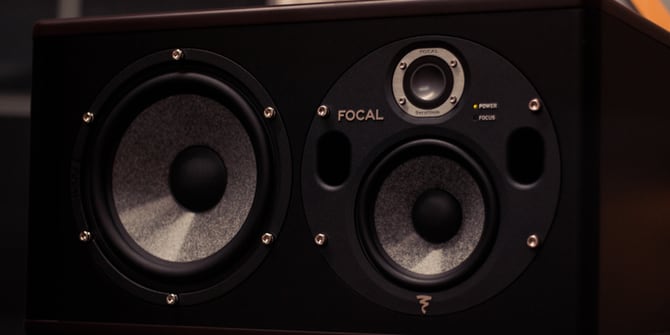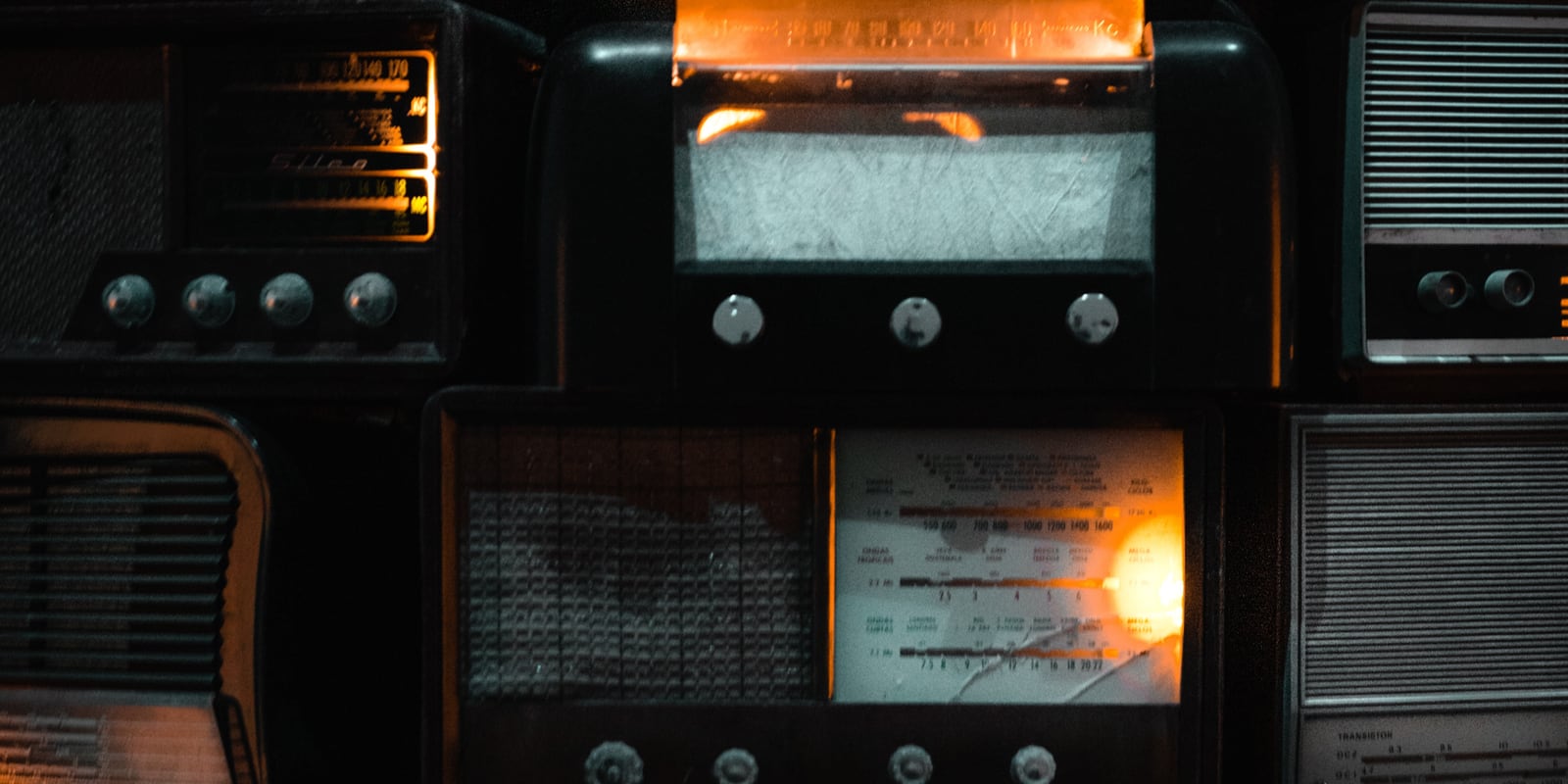We've previously covered how small upgrades to your setup can make a big difference when it comes to enjoying your music. Maybe you took that to heart and bought yourself a new set of speakers or a new pair of headphones. But how do you know if you've made the right choice?
Hearing the differences in a new set of speakers or headphones can be difficult. Are things better or are they just different? It turns out hearing the improvements may be a little tricky at first.
Dynamics Are Important
For those not familiar with the term, dynamics when it comes to music means the difference between the quiet parts and the loud parts. Different headphones and speakers will handle dynamics in different ways. Smaller speakers generally don't offer the same dynamic range as larger speakers and drivers, but this isn't always the case.
When it comes to modern music, the mastering process squeezes a lot of the dynamics out of the music. This started with radio, as too much dynamic range could literally damage the station's equipment, but eventually it became about perceived loudness. Every label wanted their songs to be louder than the competitions.
Because of this, modern pop or rock music isn't always the best way to test out speakers or headphones, which leads to the next point.
It's Not Always About the Music
If you're looking to hear how your speakers or headphones handle different frequencies, you could just use a frequency sweep, but this isn't how we listen to music. Instead, you could try listening to something with a lot of dynamic range of a wide range of different frequencies.
Classical music is great for this, which is why you'll often see audiophiles talking about playing certain classical recordings. Jazz can be good for this too, but this will vary much more from album to album when compared to classical.
Of course, if you never listen to classical music, this doesn't mean much for you.
Sometimes It Is About The Music

Dynamic range and wide frequency response, how good a certain speaker or set of headphones looks on paper, none of this matters if you don't like the way they sound. Plenty of this has to do with how they represent the music you like to listen to.
After all, you're listening for enjoyment, not accuracy. Unless you're setting up a home recording studio and need to make sure your mixes translate well to other stereos, the only thing that matters is how much you like how your music sounds on a given set of speakers or headphones.
Equalization can make up for certain overhyped or underrepresented frequencies, but only to a certain extent. It's better to take your time when shopping and see what the people reviewing speakers or headphones are listening to on them.
Take Your Time
One thing I've found over the years as I've heard speaker after speaker and headphones after headphones is that almost nothing hits you like "wow, that's amazing." If you're upgrading from seriously shabby headphones or speakers that might be the case, but otherwise the first reaction I usually notice is one of being underwhelmed.
The thing is, it's good to recognize that this is common. We live in an age where most speakers and headphones are at least okay, and many of them are pretty good. So if something doesn't blow you away immediately, just keep listening.
The sign I always notice of something really good is when I notice a detail in a song that I've never noticed before, even though I've listened to it 1,000 times. This may not happen immediately, but with any significant upgrade it will. You just need to take your time and listen carefully.
Need Help Finding More Music?
Now that you've got a better idea of how to hear all the wonderful things your new speakers or headphones are capable of, it's time to start enjoying music on them. Are you sick of listening to the same thing over and over? Then take a look at our roundup of the best music discovery services.
